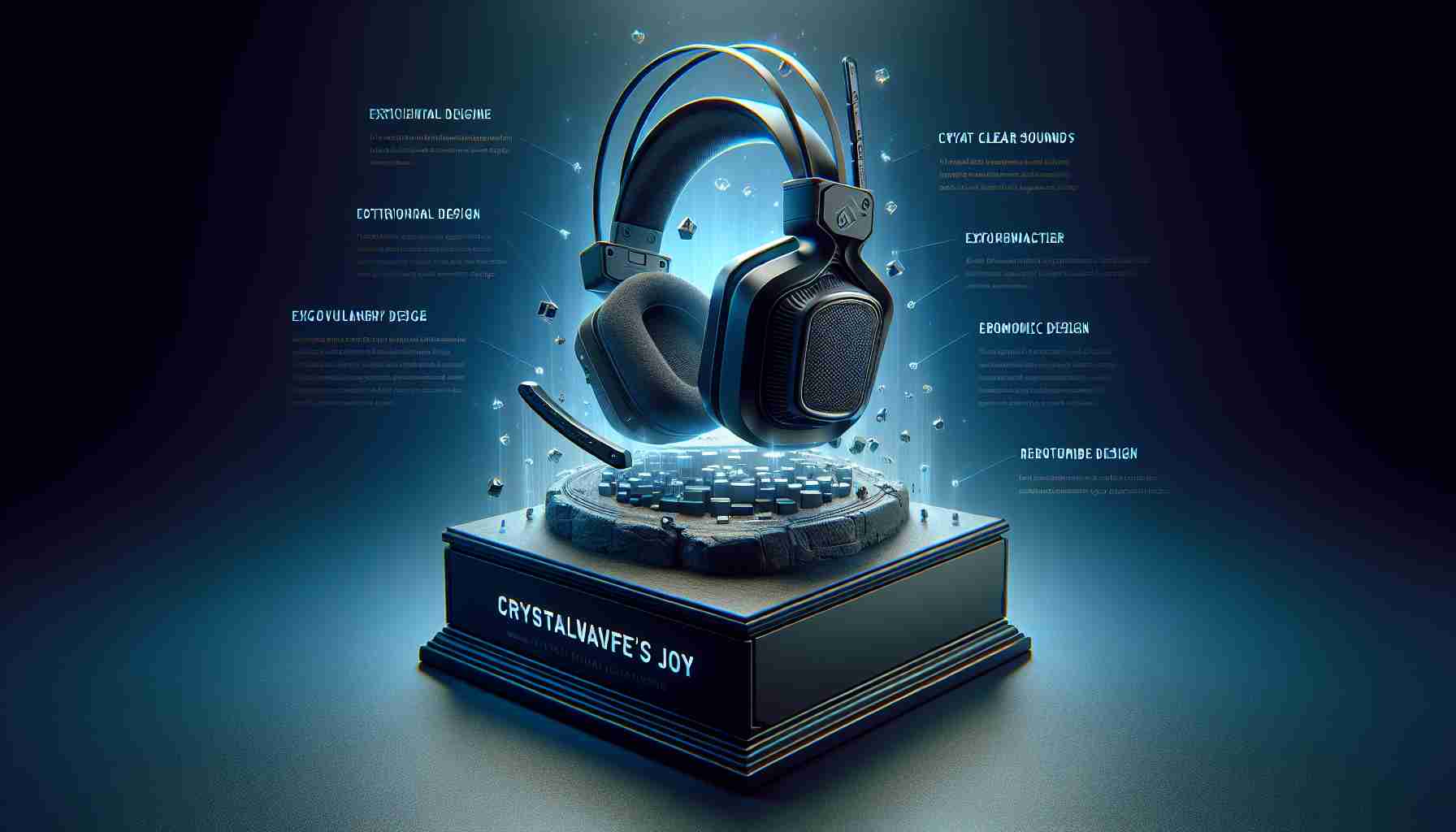A Breakthrough in Medical Technology: A novel AI system has been developed for diagnosing bladder conditions with remarkable accuracy by utilizing a unique image-based model. This AI innovation aims to enhance diagnostic procedures in healthcare settings with limited image-based diagnostic support.
The Innovation Process: Instead of relying on traditional methods that involve large amounts of image data, this AI model was developed using a combination of two distinct mathematical formulas. By incorporating a significantly lower number of bladder endoscopy images for supplementary learning, the AI achieved a diagnostic accuracy surpassing that of eight medical specialists, with a sensitivity of 94.3% and specificity of 99.4%.
Unprecedented Diagnostic Precision: The AI’s diagnostic accuracy outperformed traditional methods, demonstrating a sensitivity increase of 16.1% and a specificity increase of 9.3%. The AI model also surpassed the diagnostic accuracy achieved through pre-training with widely used datasets like ImageNet, showcasing its exceptional performance in bladder endoscopy image diagnostics.
Future Prospects: The success of this AI model sets the stage for further developments in medical diagnostics, particularly in areas with limited data availability. The technology’s application is expected to expand to various medical fields, offering high-precision AI diagnostic support where it is currently underutilized.
Stay tuned for more insights on this groundbreaking technology, set to be unveiled at the 46th Annual International Conference of the IEEE Engineering in Medicine and Biology Society (EMBC2024) in Orlando, USA from July 15 to July 19, 2024.
The Potential of AI in Revolutionizing Medical Diagnostics
The field of medical diagnostics is undergoing a transformation propelled by cutting-edge AI technology. While the previously mentioned AI system has made significant strides in diagnosing bladder conditions, the potential applications of AI in healthcare are vast and far-reaching. Here are some key questions and insights to consider regarding the revolutionary impact of AI in medical diagnostics:
How Can AI Enhance Medical Diagnostics Beyond Bladder Conditions?
AI has the capacity to revolutionize diagnostic procedures across a wide spectrum of medical specialties. From radiology to pathology, AI algorithms are being developed to assist healthcare professionals in interpreting complex data more efficiently and accurately. The integration of AI in diagnostics opens up possibilities for quicker and more precise identification of various medical conditions.
What Are the Key Challenges in Implementing AI in Medical Diagnostics?
One of the primary challenges in the widespread adoption of AI in medical diagnostics is the need for robust validation and regulatory approval processes. Ensuring the reliability and safety of AI algorithms is crucial for their acceptance in clinical practice. Additionally, healthcare providers must be trained to effectively utilize AI tools and interpret their outputs correctly to avoid misdiagnoses or errors.
Advantages and Disadvantages of AI in Medical Diagnostics
The advantages of AI in medical diagnostics include improved diagnostic accuracy, faster turnaround times, and the ability to analyze vast amounts of data swiftly. AI systems can also assist in detecting subtle patterns or anomalies that may be overlooked by human practitioners. However, challenges such as the potential for algorithm bias, data privacy concerns, and the need for constant updates to AI models to reflect new medical knowledge should be carefully considered.
In conclusion, AI technology holds immense promise in revolutionizing medical diagnostics by providing advanced tools and insights to healthcare professionals. By addressing key challenges, harnessing its advantages, and continuously refining AI algorithms, the field of medical diagnostics is poised for a transformative evolution with AI at its core.
For more information on the latest advancements in AI technology in the healthcare sector, visit IEEE.org.






















